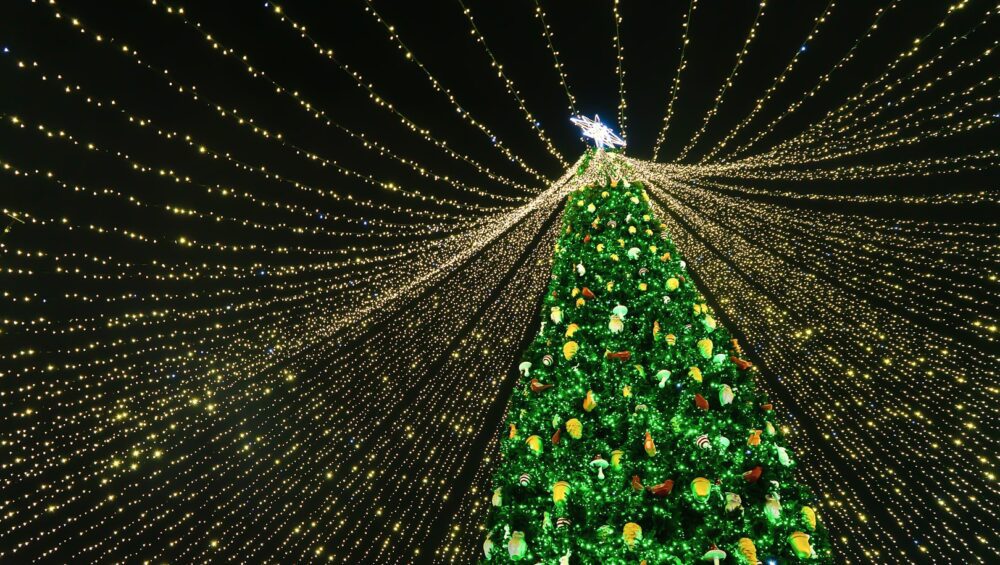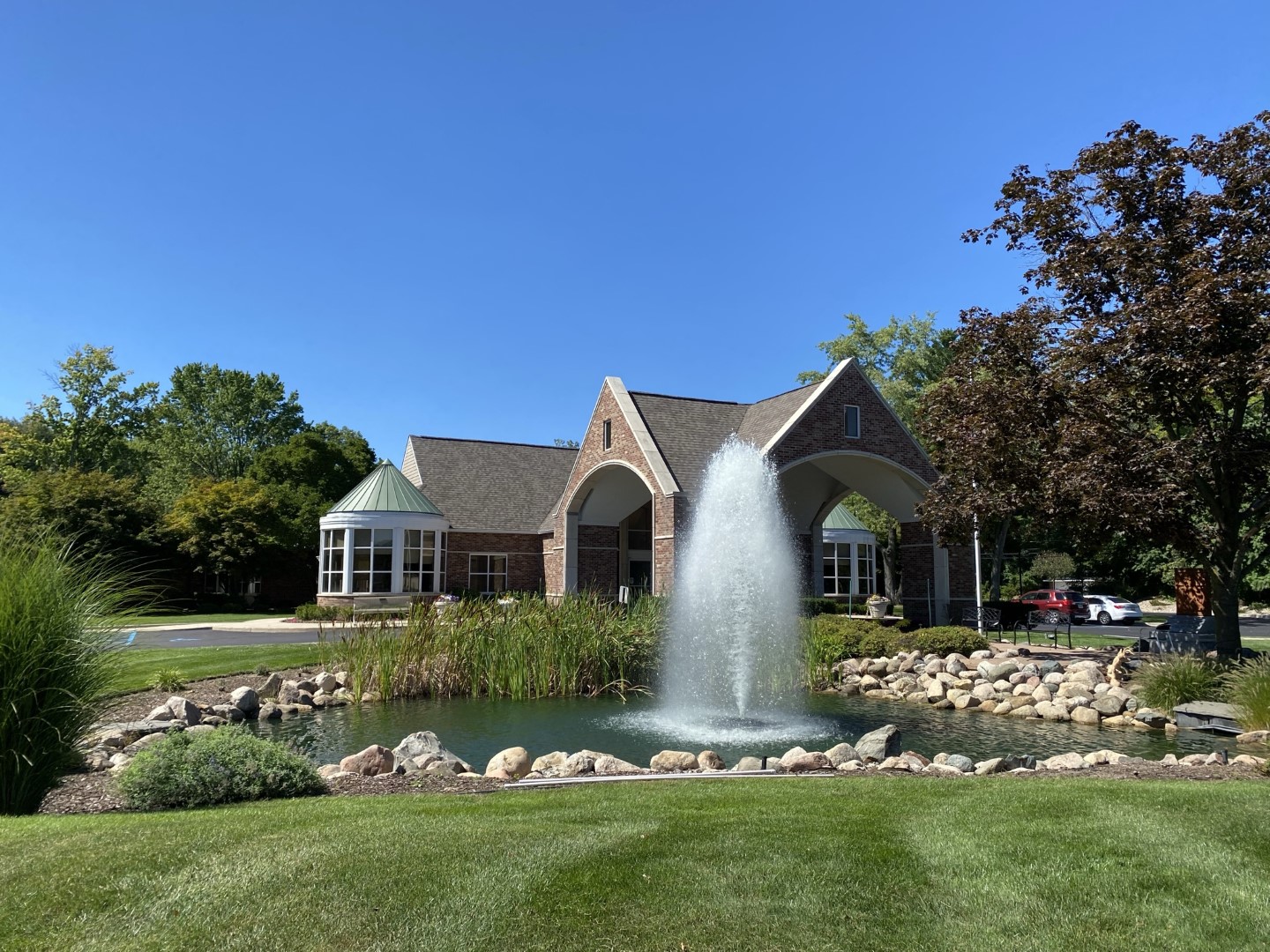Christmas is a significant and celebrated holiday in the Armenian culture, as it marks the birth and baptism of Jesus Christ, the son of God. Armenians have a long and rich history of Christianity, dating back to the fourth century, when Armenia became the first nation to adopt Christianity as the state religion. Since then, Armenians have developed their own unique traditions and customs to honor and commemorate the Incarnation of Christ. Here are some of the aspects that make Christmas important in the Armenian culture:
- The date of Christmas. Unlike most Christians who celebrate Christmas on December 25, Armenians celebrate Christmas on January 6, according to the ancient Christian calendar. This date is also known as Theophany or Epiphany, meaning “revelation of God”. Armenians believe that this is the day when Jesus was baptized by John the Baptist in the Jordan River, and when God revealed himself as a Trinity: Father, Son, and Holy Spirit. Therefore, Armenians celebrate both the birth and baptism of Christ on the same day.
- The liturgy of Christmas. The main religious service of Christmas in the Armenian Church is called the Divine Liturgy of the Nativity and Theophany of our Lord Jesus Christ. It is celebrated on the night of January 5, which is called Christmas Eve or Jrakalouits in Armenian. The liturgy begins with a solemn procession of priests and deacons, who carry a cross and a lantern symbolizing the light of Christ. The liturgy consists of prayers, hymns, readings, and communion. The highlight of the liturgy is when the priest blesses water with a cross and sprinkles it on the faithful, representing the baptism of Christ and the cleansing of sins.
- The traditions of Christmas. Armenians have various traditions and customs that they observe during Christmas season. Some of them are:
- Chragalouits or Candlelighting. On Christmas Eve, Armenians light candles in churches and bring them to their homes to symbolize the light of Christ. They also place candles on their windowsills to welcome guests and strangers.
- Khetum or Christmas Eve Dinner. On Christmas Eve, Armenians prepare a special meal that consists of rice, fish, vegetables, and desserts. They also abstain from meat and dairy products as a form of fasting. They eat this meal after attending the liturgy at church.
- Gaghant Baba or Santa Claus. On Christmas Day, Armenians exchange gifts with their family and friends. They also believe in Gaghant Baba, a benevolent figure who brings gifts to children on New Year’s Eve. Gaghant Baba wears a red cloak and a fur hat, and rides a donkey or a horse.
- Nor Dari or New Year. On December 31, Armenians celebrate Nor Dari or New Year with fireworks, music, and dancing. They also decorate their homes with evergreens, fruits, nuts, and candies. They also set up a large Christmas tree in Yerevan, the capital city of Armenia.
Christmas is an important holiday in the Armenian culture that reflects their faith, identity, and heritage. By celebrating Christmas on January 6, Armenians honor their ancient Christian tradition and affirm their belief in the revelation of God as a Trinity. By observing various traditions and customs during Christmas season, Armenians express their joy, gratitude, and hospitality to each other and to God. Christmas is a time for Armenians to celebrate their culture and their faith with love and devotion.
Merry Christmas! 🎄🎁🎅





